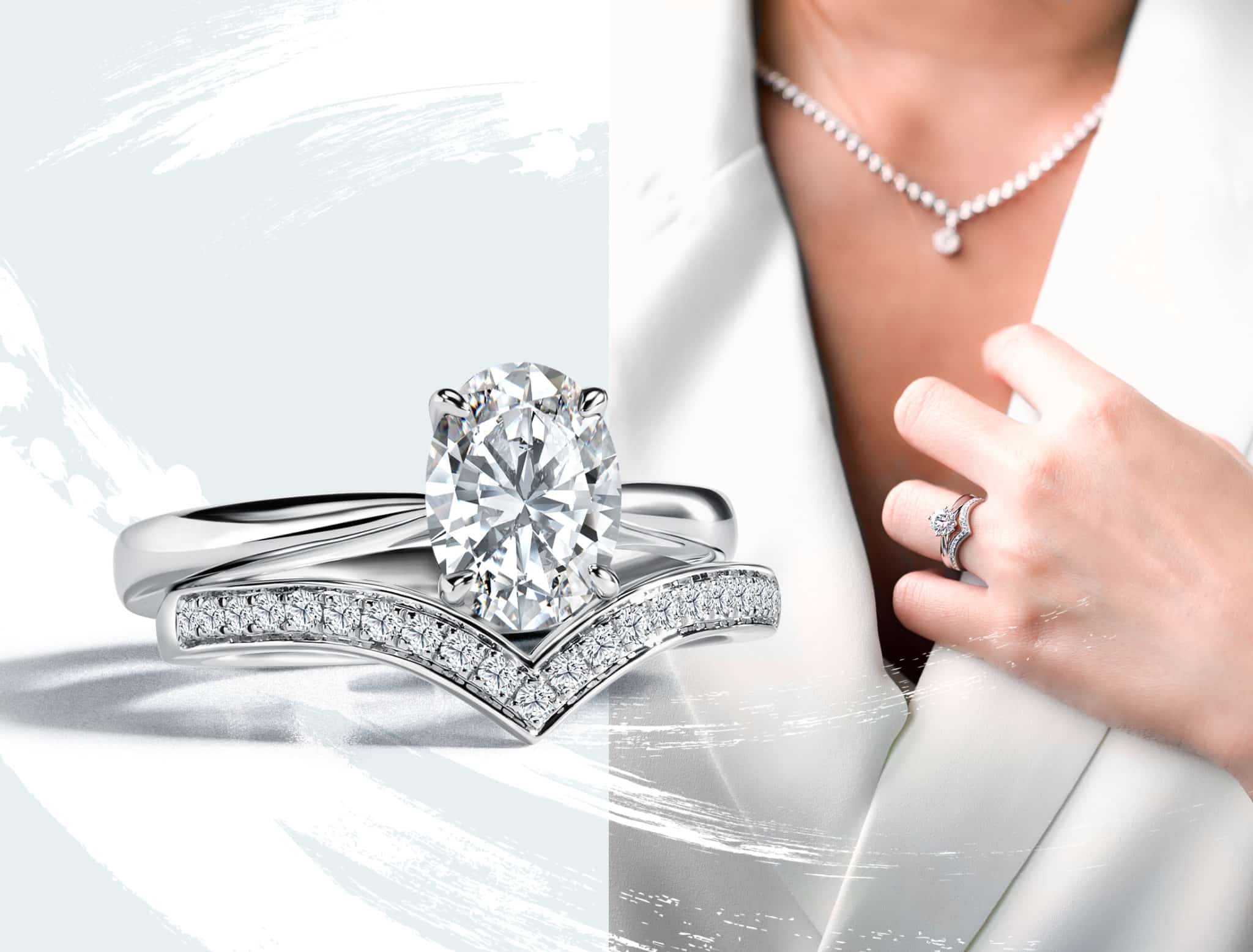In the world of lab-grown diamonds, two major certifications stand out: IGI and GIA. But what sets them apart? And which one should you trust when purchasing your precious stone? Let’s dive into the intricacies of these certifications to help you make an informed decision.
Table of Contents
Introduction
Lab diamonds have revolutionized the jewelry industry, offering a sustainable and ethical alternative to mined diamonds. However, with the rise in popularity comes the need for credible certifications to ensure quality and authenticity. This article explores the differences between IGI and GIA certifications for lab-grown diamonds, empowering you to choose the right one for your purchase.
Understanding Lab-Grown Diamonds
Before delving into certifications, let’s understand what lab-grown diamonds are. Unlike natural diamonds formed over millions of years deep within the Earth’s crust, lab-grown diamonds are created in controlled environments using advanced technology that replicates the natural diamond-growing process.
IGI Certification
Advantages:
- Stringent Standards: IGI (International Gemological Institute) is renowned for its rigorous grading process, ensuring accuracy and consistency in diamond evaluation.
- Cost-Effective: Compared to GIA, IGI certification tends to be more affordable, making it an attractive option for budget-conscious consumers.
Disadvantages:
- Perceived Lower Reputation: Some consumers perceive IGI-certified diamonds as having less prestige compared to GIA-certified ones, potentially affecting resale value.
- Subjectivity: Critics argue that IGI’s grading standards may be slightly more lenient, leading to variations in diamond quality assessment.
GIA Certification
Advantages:
- Industry Gold Standard: GIA (Gemological Institute of America) is widely regarded as the benchmark for diamond grading and gemological research, instilling confidence in consumers.
- Global Recognition: GIA-certified diamonds enjoy global recognition and often command higher resale values due to the institute’s esteemed reputation.
Disadvantages:
- Higher Cost: GIA certification typically comes at a premium, reflecting the institute’s unparalleled reputation and stringent grading standards.
- Limited Availability: Due to high demand, GIA certification may lead to longer processing times, delaying the acquisition of your lab-grown diamond.
Comparison
When comparing igi vs gia lab grown certifications for diamonds, several factors come into play:
Quality Assurance:
- While both institutes uphold high standards of quality assurance, GIA’s stringent grading criteria may provide a slight edge in terms of reliability and accuracy.
Reputation:
- GIA’s longstanding reputation as the industry leader in diamond grading gives it an undeniable advantage in terms of consumer trust and confidence.
Cost:
- IGI certification offers a more budget-friendly option without compromising on quality, making it an appealing choice for value-conscious buyers.
Availability:
GIA’s global recognition and widespread acceptance may result in longer processing times, whereas IGI certification could offer quicker turnaround times.
Conclusion
In the debate between IGI vs GIA certification for lab-grown diamonds, there’s no one-size-fits-all answer. Your choice ultimately depends on your priorities, whether it’s cost, reputation, or availability. Both IGI and GIA certifications have their merits, so weigh the factors carefully before making your decision.
FAQs
1. Are lab-grown diamonds as valuable as natural diamonds?
Lab-grown diamonds possess the same physical, chemical, and optical properties as natural diamonds, making them equally valuable from a quality standpoint. However, factors such as rarity and market perception may influence their resale value.
2. How can I verify the authenticity of a lab-grown diamond?
Look for reputable certification from institutes like IGI or GIA, which provide detailed reports on the diamond’s characteristics and origin. Additionally, consult with a trusted jeweler who specializes in lab-grown diamonds.
3. Does the certification affect the price of a lab-grown diamond?
Yes, certification can impact the price of a lab-grown diamond, with GIA-certified stones often commanding higher prices due to the institute’s esteemed reputation and stringent grading standards.
4. Can lab-grown diamonds be distinguished from natural diamonds?
Lab-grown diamonds have identical physical and chemical properties to natural diamonds, making them indistinguishable to the naked eye. Only specialized equipment can detect the differences between the two.
5. Are lab-grown diamonds ethical and sustainable?
Yes, lab-grown diamonds are considered ethical and sustainable as they eliminate the environmental and social impacts associated with traditional diamond mining. They also bypass issues related to conflict diamonds.

